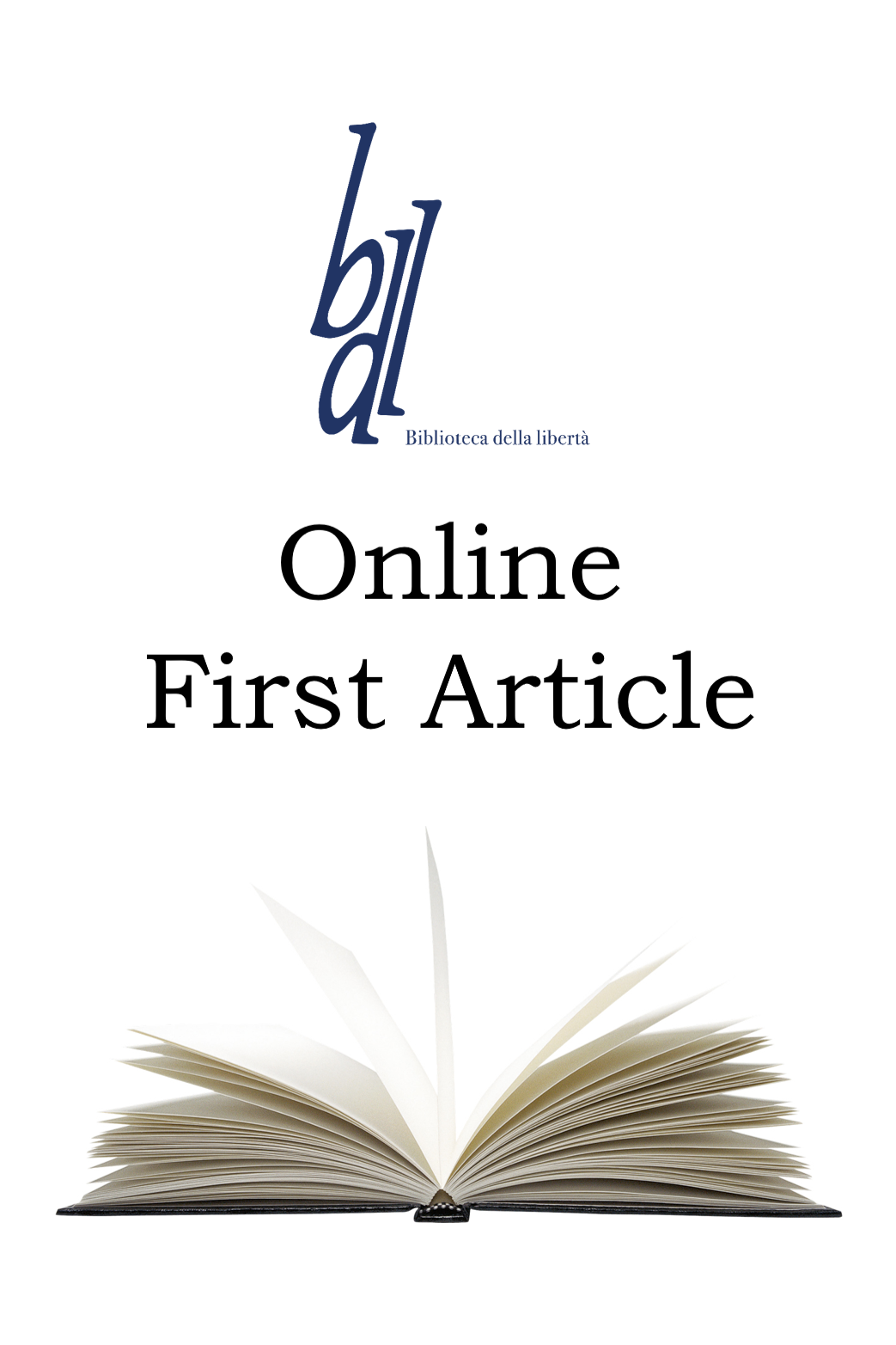- Ricerche e Progetti
- Biblioteca della Libertà
- Pubblicazioni e Working Paper
- Articoli e media
- Eventi e notizie
All issues
Is the Demand for Reasonableness Unreasonable?
- Categoria/Category
- Anno LVII, n. 234, maggio-agosto 2022
- Autore/Author
- Anna Elisabetta Galeotti
- DOI
- 10.23827/BDL_2022_16
- Luogo/City
- Torino
- Articolo completo/Full text
- BDL-234-16-galeotti.pdf
Abstract
The paper starts with a consideration of Rawls’ ideal theory in the background of the criticisms that has received. Both the realist and the critical theory objections to ideal are analyzed, but the latter is the focus of the argument. While the author rescues ideal theory from the accusation of ideology, she remarks that a well-developed analysis of non-ideal theory is needed to account the persistent inequalities and injustices of present democracy. Then she tests her argument on the issue of reasonableness that is so important in Rawls’ Political Liberalism. Reconstructing reasonableness in the context of ideal theory and then moving to the non-ideal conditions, enables one to perceive a specific kind of injustice, namely epistemic injustice linked to the diminished epistemic authority attributed to citizens from
oppressed groups. Once detected, we can turn back to ideal theory and see which resources can be made use of for uprooting this kind of injustice: fair equality of opportunity, and a focus on the primary good of the social basis of self-respect to remedy unequal epistemic standing – whatever the social basis of self-respect implies in terms of political action. Overcoming epistemic injustice would make the civic virtue of reasonableness attainable.







